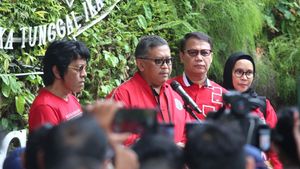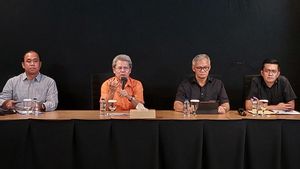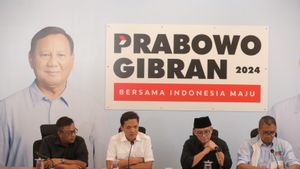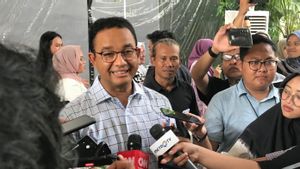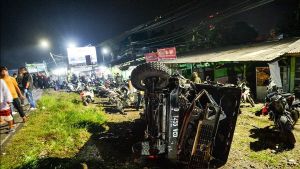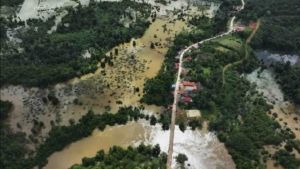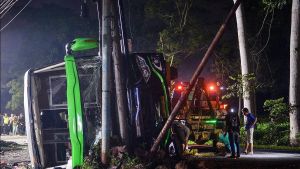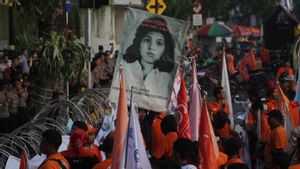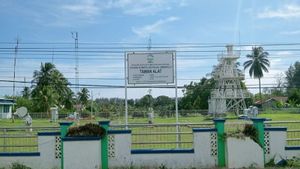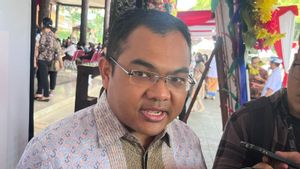
JAKARTA - Syria's Permanent Representative to the United Nations, Ambassador Qussai Dahak, stressed the need for developed countries to be responsible for providing assistance to developing countries to fulfill the obligation to mitigate climate change impact disasters.
In a high open debate of the UN Security Council, Dahak conveyed Syria, like other countries, was affected by climate change which caused a decline in rainfall, increased drought, depletion, and dust storms that had a negative impact on the lives of Syrian citizens and the ability to meet basic needs.
Based on a report by Sana Onana via Antara, Wednesday, February 14, Dahak showed Israel's continuing occupation of Arab territory, including Golan in Syria, had a serious impact on the environment.
According to him, Israeli occupation resulted in destroying agricultural land, cutting fruit trees, burying hazardous waste, and using weapons that were banned internationally.
Furthermore, he also underlined the need to completely lift coercive actions that hinder the provision of modern technical and technological support as well as grants and aid allocated to developing countries in achieving sustainable development targets.
관련 항목:
This statement was made by Dahak because Syria had made its best efforts to deal with the devastating earthquake that hit Syria on February 6, 2023.
The Syrian government has attempted to rescue and provide care and support to the victims.
However, unilateral coercive actions imposed by the United States and the European Union against the Syrian people have seized the basic needs of the affected citizens.
He said the United States (US) and the European Union were hampering humanitarian aid and work, blocking the supply of heavy equipment, civil protection equipment, basic medical equipment, and materials needed to save victims from the impact of the earthquake.
The English, Chinese, Japanese, Arabic, and French versions are automatically generated by the AI. So there may still be inaccuracies in translating, please always see Indonesian as our main language. (system supported by DigitalSiber.id)


